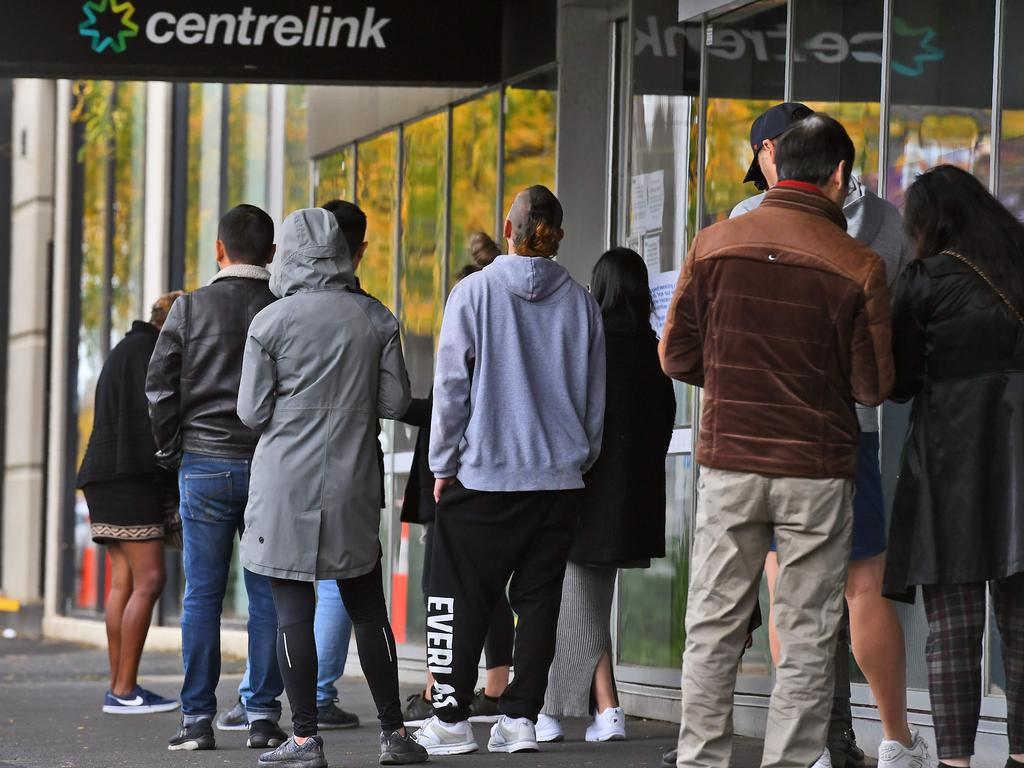Tax reform key to cutting post-Covid debt, says PwC report
It will take more than three decades to pay off the government’s surging debt, according to new analysis that urges tax reform.

It will take more than three decades to pay off the government’s surging debt, according to new analysis that urges tax reform to boost economic growth, including shifting more of the burden onto lightly taxed retirees.
The federal budget, which was on track to post a small surplus this financial year until the coronavirus derailed the economy, will remain in deficit until 2039 according to PwC, which estimates that without economic reform, net debt won’t fall to zero until 2056.
“An 18-year-old entering the workforce in 2020 would have always been working under federal budget surpluses had COVID-19 not emerged, and would have expected zero net debt when they reached 28 years of age,” PwC said in a statement.
“Now that same worker cannot expect to see a budget surplus until they are at least 37 years old, with net debt not predicted to hit zero until they near 55.”
The government postponed the budget until October. Net federal government debt had climbed to $430bn at the end of March, which is about $37bn higher than had been forecast.
The PwC statement said the federal government relied on personal income tax for its revenue more than any other OECD government except Denmark, as well as on consumption tax, which is thought to be less economically damaging. The GST was the “elephant in the room”, said PwC tax partner Paul Abbey. Household spending subject to the GST has steadily fallen from almost 62 per cent to about 56 per cent.
The tax system, which exhibits the level of “tax expenditures” in the OECD, imposed “high compliance costs due to exemptions, tax-free thresholds and the complexity of the law”, it said, warning against any rush to reform given the weak state of the economy.
“Tax reform in the middle of an economic shock will pose further disruption to householders and businesses that are already being asked to change on many fronts, and may give rise to reforms that will need to be recalibrated once stability returns,” Mr Abbey said.
He also said the imbalance between retired and non-retired Australians’ contributions needed to change: “We’ve just gone through a period where there’s been enormous damage to the economy, and a lot of that has been to protect older Australians, which is a good thing, (but) tax contributions by retired Australians are minimal compared to those of working age.”
PwC chief economist Jeremy Thorpe said the tax system “was not equipped to adequately support the growth required”.
“The recent lockdown, combined with social-distancing measures and closed borders, have exacerbated the ongoing challenges to increasing economic growth in the future as we continue to navigate the uncertainty currently unfolding,” he said.
Mr Abbey said tax reform needed to be seen as fair and equitable. “This also means excluding certain taxes or concessions from any review will undermine trust and affect the acceptability of any final package of reforms,” he said.
New Zealand’s decision last week to allow businesses to carry back losses for up to two years was a “sensible stimulatory” change that could be adopted here, he said.
The federal government has come under pressure to use the pandemic crisis to expedite tax, industrial and federation reforms. It is understood that the NSW and Victorian governments have plans to shift from stamp duty towards a more broad-based land tax.






To join the conversation, please log in. Don't have an account? Register
Join the conversation, you are commenting as Logout